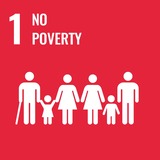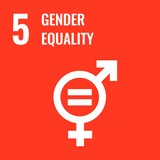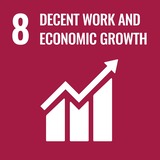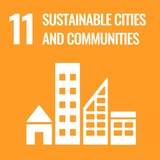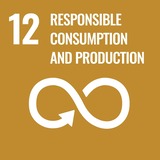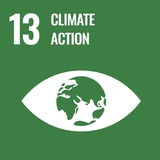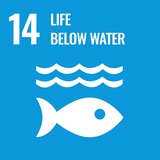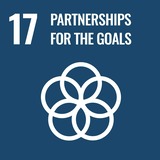GOT BAG protects our oceans from plastic waste
Demak, Jepara and Bantul, Indonesia
1,200 tonnes / year
Our story
When reality hits you
It all started with a summertime conversation between childhood friends when GOT BAG founder Benny shared his impressions of his trip to Thailand. Both his friend Roman and him - being avid water sports enthusiasts - agreed they needed to do something against the ever-increasing amounts of plastic waste in our oceans.

Bringing the idea to live
In 2016 their brainchild was born. The plan was to use plastic waste drifting along the shore and on open waters to create backpacks and by doing so closing the loop on ocean plastic. GOT BAG started operating in 2019 with plastic waste collected in the mediterranean sea but soon set out to Southeast Asia to increase the social and environmental impact of their operations.

The fishermen communities
Since October 2019, plastic waste has been collected along the north shore of Java, Indonesia with the help of an ever-growing number of fishermen communities. They earn an additional income by bringing plastic bycatch back to shore or cleaning the mangroves and waterways leading to the ocean. Their efforts after a Covid-ridden year with many setbacks resulted in a staggering 60 tons of plastic collected within a single month in March 2021.

Closing the tap
However, it soon became clear that it doesn’t make sense to only retrieve the plastic waste that already ended up in the environment as long as the communities don’t have a functioning waste management system themselves. Besides an overflowing public landfill close to a river, there was no municipal waste management in place. GOT BAG, therefore, decided to also work on “closing the tap” by providing means of waste disposal on a household level as well.

The process
"It is time to act now! With our mission, we want to actively combat the advancing plastic pollution of our oceans and encourage a more conscious use of natural resources."
GOT BAG
Benjamin Mandos • CEOMaximise impact
We aim to tackle ocean plastic holistically, which includes prevention at the source, collection from the sea, and raising awareness for reduction, reuse, and recycling by working with a local university and foundation for developing a school program.
Empower local communities
We support the formation of fishermen or waste collectives in each of the villages we work in since we heavily rely on the people's knowledge of the localities and their communities. We encourage them to strongly represent their interests in the exchange with us so we can find the best waste management solution for the situation at hand.
Reduce & recover
We strongly believe in the need for a global reduction of production. We try to contribute by turning recovered waste into durable products that won’t make their way back into the oceans any time soon.
Do no harm
Our utmost priority is the preservation of biodiversity. We therefore mainly work with small-scale fishermen to prevent overfishing. Our local staff also frequently visits the communities and stays in touch with the marine and fisheries department to ensure no harmful fishing practices are employed.
Set high standards
We only work with audited partners and regularly visit factories in our production chain, so we hold our collection to the same standards. We want to not only track the non-recyclables but also the plastic that goes into our backpacks in the long term.
FAQs
CleanHub empowers companies to take immediate responsibility for their plastic footprints. We connect ocean-loving brands with local communities, and facilitate the collection and safe processing of non-recyclable plastic. We understand the importance of proving impact, so we’ve built track & trace technology to provide evidence of how much plastic is collected, and where it ends up after we take care of it.
We choose recovery methods with the lowest environmental impact possible, and use our market position to enforce better working conditions for local workers.
80% of the plastic waste that ends up in the oceans is so-called flexible packaging or multilayer packaging, like chip packets, sauce sachets, etc. This material is either impossible to recycle or there is no demand from the market for the products (unlike water bottles which are commonly collected as they can be recycled, and so have ‘value’). Plastic that can’t be recycled is openly burned in small backyard fires or in landfills, or it is carried away into nature by the monsoon or strong winds. While we do collect all plastics, we focus on non-recyclable plastic to maximize our impact.
In order to stop ocean bound plastic, we need to significantly increase plastic recovery rates in high leakage locations. To achieve that, we empower communities around the world to cope with their own plastic waste, create incentives, develop waste management standards and foster local entrepreneurship. In our network of recovery endpoints we provide critical off-take agreements to safely treat plastic waste.
Plastic pollution is a global problem that affects us all. CleanHub is building a global network of local Collection Hubs in high impact locations to facilitate the collection and safe processing of non-recyclable plastic. We operate primarily in South (East) Asia which is the gateway for more than 80% of all plastic that enters our oceans. With your contribution we can reduce the mismanagement of plastic waste in these regions to eventually stop this environmental crisis.
Recyclable goods are sold for local recycling. Non-recyclables are sent for co-processing.
Co-processing refers to the simultaneous recycling of mineral materials and recovery of energy in the process of cement manufacturing and achieves a superior environmental performance as compared to landfill and incineration. For co-processing recovery we partner with Geocycle.
To learn more, read our blog - What happens to the collected waste
Plastic neutrality means that for every amount of plastic created, an equal amount of plastic waste is retrieved from the environment to be appropriately disposed of - either recycled or repurposed.
We work with brands to calculate their plastic footprint and recover the equivalent amount from the environment in high leakage countries, such as Indonesia or India. Some brands want to go further and recover more plastic than they emit, earning them Plastic Neutral + status. . Every contribution directly prevents plastic from entering our oceans and supports the development of local waste management infrastructure.
To stop plastic from entering the environment, we need to get to a point where the material is collected as close to the consumer as possible, and intercepted before it can reach the ocean. The majority of our plastic efforts are door-to-door collection or other smart ways to aggregate waste in one point. We also finance projects with passive technologies that catch plastic in rivers. The smallest fraction of plastic stems from beach cleanups or is directly sourced from the ocean.
Recovering plastic from the environment involves three distinct operations. Firstly the collection of the plastic, secondly the sorting of plastic into its unique types and thirdly the safe and final treatment. We digitize the recovery of ocean bound plastic from start to finish.Our Hubs use our technology to track the full collection process, which means we can verify every piece of plastic that is collected and what happens to it after we take care of it.
Watch this video to see how it works
We choose the best recovery method according to three steps. Firstly, available recovery options are ranked according to the waste management hierarchy, i.e. Recycling > Energy Recovery > Landfill. Secondly, we rank all options on the basis of life-cycle assessment results that determine related Co2 emissions. Thirdly, all recovery options are ranked by their level of technology and safety. CleanHub only works with recovery companies that operate according to the European code of conduct.
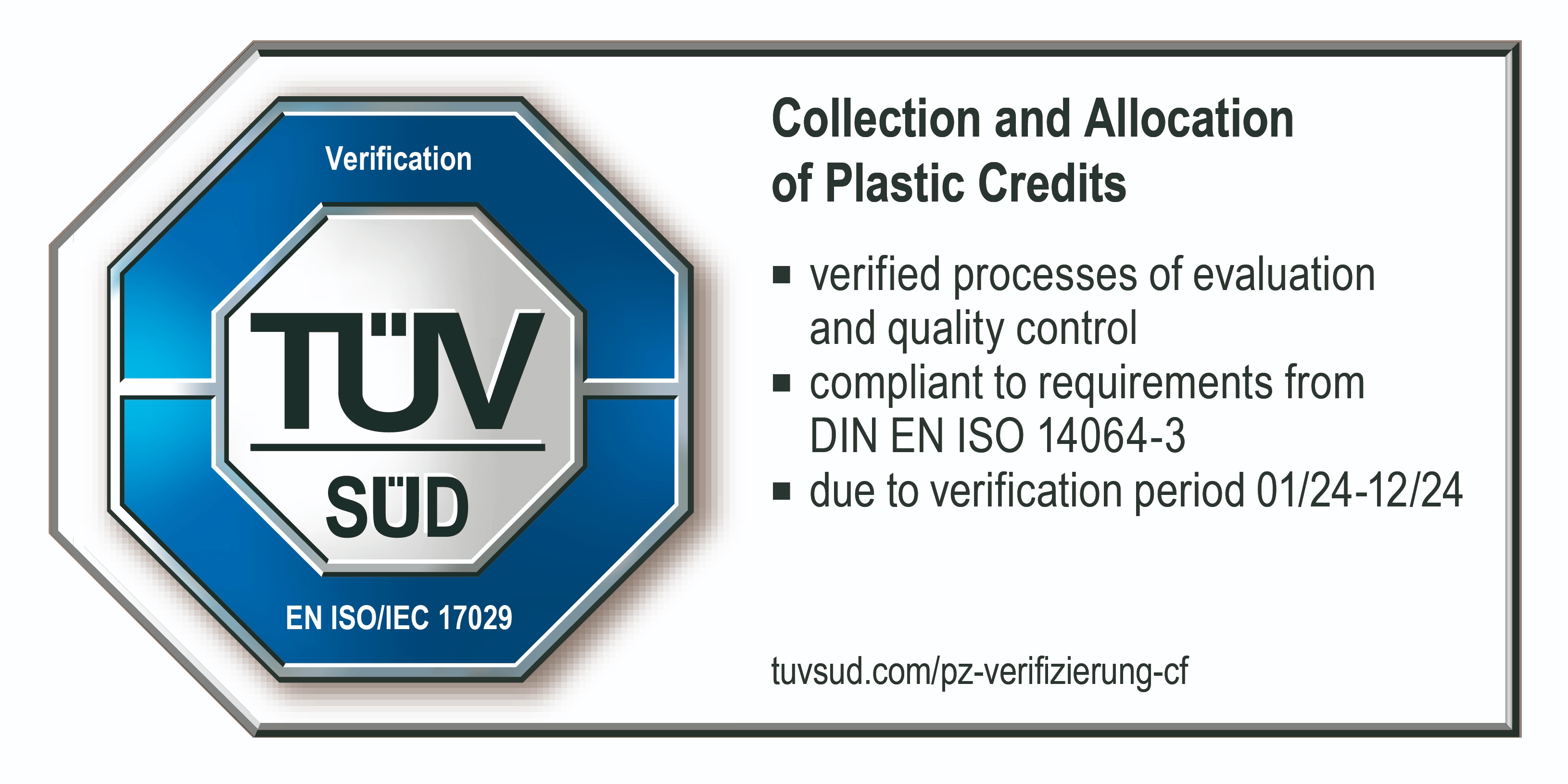
We're the first plastic credit system verified by TÜV SÜD


